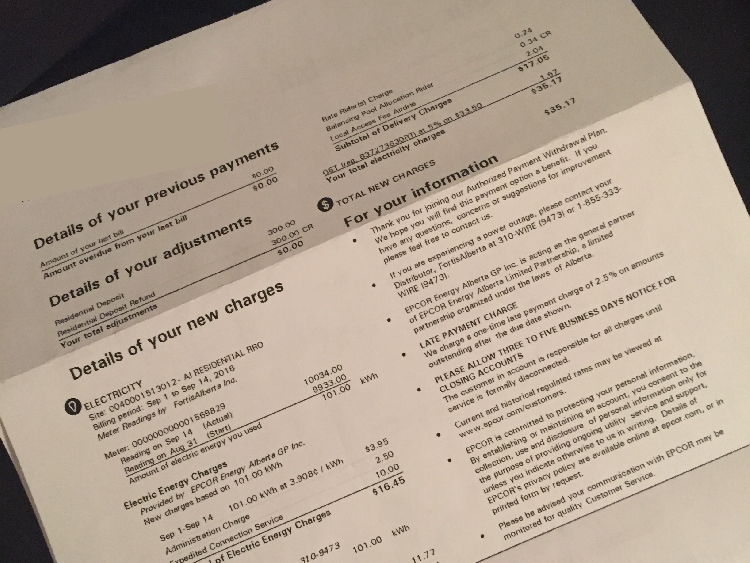Like it or not, Alberta's carbon tax will go up by 50 percent on January 1st.
The increase will mean an added 2.24 cents at the gas station and 0.51 cents per gigajoule on your heating bill, on top of added prices at the grocery store and other retailers.
Trevor Tombe, Professor of Economics at the University of Calgary, said he knows there is much opposition to the tax, but if governments want to reduce greenhouse gas emissions, it's actually the most feasible option.
"All the major political parties want to take action and indeed, promote various ways of taking action to lower greenhouse gas emissions. The economist comes and asks the question, 'What's the least cost way of lower emissions?' Decades of research, both theoretically and empirical, find that putting a price on emissions is the cheapest way to do it."
Tombe said that having a carbon levy in place allows Albertans to make their own decisions on how to combat climate change, instead of the government handing down harsh mandates, such as closures of refineries and other energy industry facilities.
When taking into account the increased prices of gas, heating and groceries, Tombe said the average Alberta household will be paying more.
"All in, over the course of an entire year, the increased carbon tax in 2018 for the average Alberta household is about $150."
Of course, that number is based on average household consumption and varies from household to household.
Tombe also points out that as the tax increases, so does government rebates which will benefit lower and middle income families.
Of course, there has always been strong opposition to the tax since it came into effect in January 2017. Although opposition leaders have vowed to scrap it in 2019, Tombe said it won't be that easy.
"Regardless of what the Alberta Provincial Government does, the Federal Government will step in if we can't allow our carbon tax. A number of things would have to line up for Albertans to actually avoid paying a carbon tax, regardless of who forms government in 2019."
Aside from all the chatter regarding the NDP's tax, Tombe said that it's something that has actually been in the province for nearly ten years.
"Alberta actually has two carbon taxes. One has been in place since 2008 under the prior PC government and that was just levied on larger emitters and that covers about twice as much emissions as the carbon tax that we're all talking about today."
That tax was previously known as the Specified Gas Emitters Regulation and will be replaced with the Carbon Competitiveness Incentives as of January 1st. That levy put a $15 a tonne mark on facilities delivering 100,000 tonnes or more of greenhouse gases.
More details on that program are on the Government of Alberta website.
Questions, comments or story ideas? Email us at news@discoverairdrie.com





